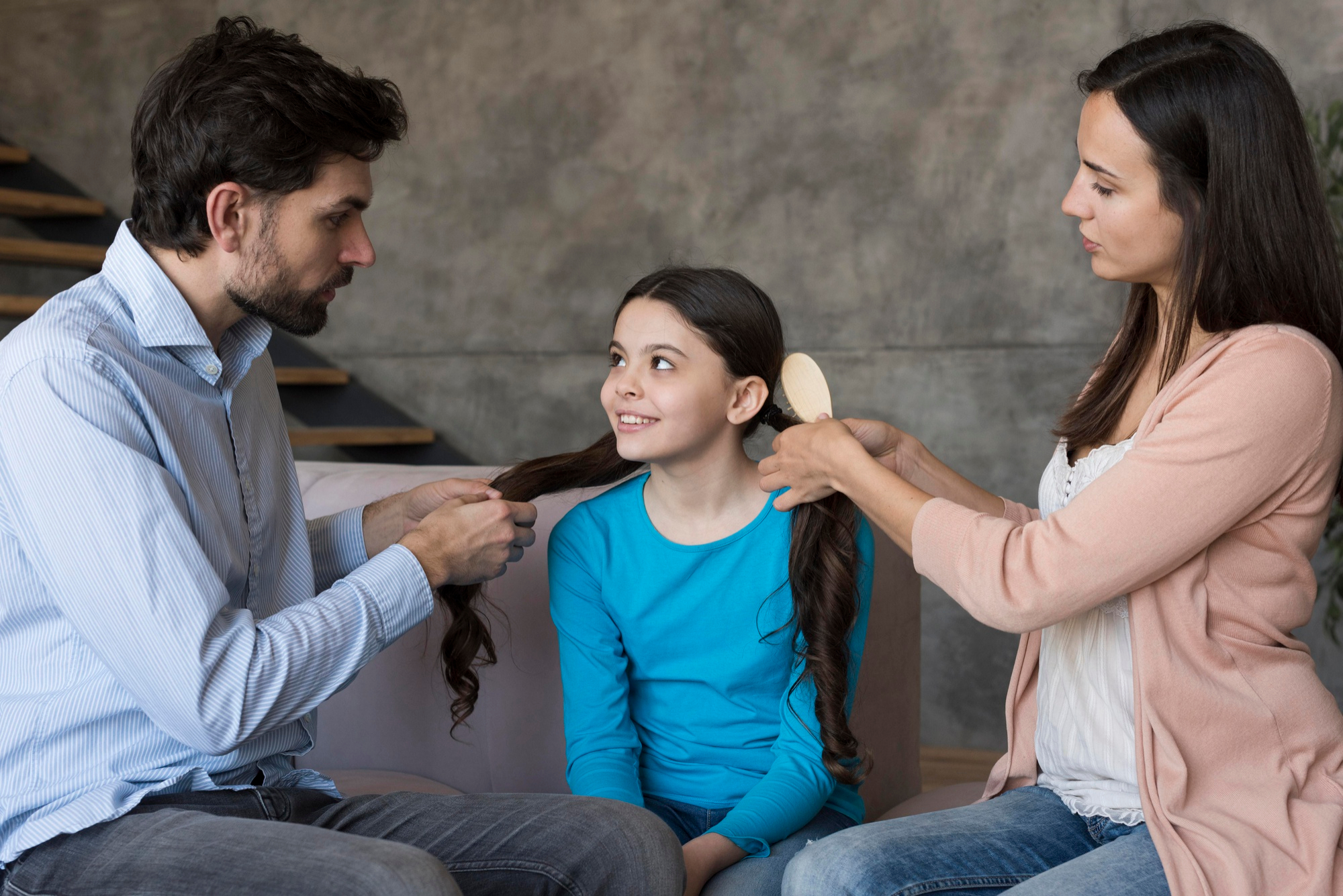Adolescent Behavior and Counseling

Adolescence is a period of significant physical, emotional, and psychological changes, which often leads to different behaviors in kids. Understanding these changes and the role of counseling can be crucial for both the adolescents and their families. Here’s why adolescents behave differently and how counseling can help:
Why Adolescents Behave Differently
- 1. Hormonal Changes: The onset of puberty brings hormonal changes that affect mood, energy levels, and behavior.
- 2. Brain Development: The adolescent brain is still developing, particularly the prefrontal cortex, which is responsible for decision-making, impulse control, and reasoning.
- 3. Identity Formation: Adolescents are in the process of forming their identities, leading them to explore different roles, values, and beliefs.
- 4. Increased Independence: As they seek greater independence, adolescents may challenge authority and test boundaries.
- 5. Peer Influence: Peer relationships become increasingly important, and adolescents may adopt behaviors to fit in with their social group.
- 6. Emotional Fluctuations: Adolescents often experience intense emotions and mood swings due to both hormonal changes and developmental processes.
- 7. Risk-Taking Behavior: The desire for new experiences and the still-developing impulse control can lead to increased risk-taking behaviors.
- 8. Social and Academic Pressures: Adolescents face pressures related to academic performance, social acceptance, and future planning, which can impact their behavior.
- 9. Search for Autonomy: The need to assert their autonomy can lead to conflicts with parents and authority figures.
How Counseling Can Help Adolescents and Their Families
For the Adolescent:
- 1. Understanding Emotions: Counseling helps adolescents understand and manage their emotions, leading to better emotional regulation.
- 2. Developing Coping Skills: Counselors teach coping mechanisms for dealing with stress, anxiety, and other emotional challenges.
- 3. Improving Communication: Adolescents learn effective communication skills, improving their interactions with peers, family, and authority figures.
- 4. Identity and Self-Esteem: Counseling supports adolescents in exploring their identity and building self-esteem.
- 5. Behavioral Strategies: Counselors provide strategies for managing impulsive or risky behaviors.
- 6. Mental Health Support: Counseling can address mental health issues such as depression, anxiety, or eating disorders.
- 7. Conflict Resolution: Adolescents learn techniques for resolving conflicts in a healthy manner.
- 8. Goal Setting: Counseling helps adolescents set and work towards personal and academic goals.
For the Family:
- 1. Improving Family Communication: Counseling helps families develop better communication strategies, fostering understanding and reducing conflicts.
- 2. Parenting Support: Counselors provide guidance on effective parenting strategies tailored to the developmental needs of adolescents.
- 3. Understanding Adolescent Development: Families gain insights into the developmental changes occurring during adolescence, leading to greater empathy and support.
- 4. Conflict Resolution: Counseling offers techniques for resolving family conflicts and creating a more harmonious home environment.
- 5. Supporting Mental Health: Families learn how to support their adolescent’s mental health and recognize signs of mental health issues.
- 6. Building Stronger Relationships: Counseling strengthens family bonds by promoting mutual respect and understanding.
- 7. Stress Management: Families learn how to manage stress related to academic pressures, social issues, and family dynamics.
- 8. Encouraging Positive Behaviors: Counseling helps families create an environment that encourages positive behaviors and healthy development.
The Counseling Process
- 1. Initial Assessment: The counselor conducts an initial assessment to understand the adolescent’s issues, family dynamics, and goals for counseling.
- 2. Goal Setting: Together, the counselor, adolescent, and family set specific, achievable goals for the counseling process.
- 3. Individual Sessions: The adolescent attends individual counseling sessions to address personal issues and develop coping skills.
- 4. Family Sessions: Family counseling sessions involve the adolescent and family members to improve communication, resolve conflicts, and strengthen relationships.
- 5. Skill Building: Counseling sessions focus on building skills such as emotional regulation, communication, and problem-solving.
- 6. Monitoring Progress: Regular check-ins to monitor progress and make adjustments to the counseling plan as needed.
- 7. Homework and Practice: The counselor may assign exercises or activities for the adolescent and family to practice between sessions.
- 8. Feedback and Support: Continuous feedback and support from the counselor to encourage growth and improvement.
Benefits of Counseling
- Better Emotional Health: Improved emotional regulation and reduced symptoms of mental health issues.
- Enhanced Relationships: Stronger, more positive relationships within the family.
- Improved Communication: Better communication skills leading to fewer misunderstandings and conflicts.
- Greater Self-Esteem: Increased self-esteem and confidence in the adolescent.
- Healthier Behaviors: Reduction in risky behaviors and development of healthier coping strategies.
- Academic and Personal Success: Better academic performance and personal goal achievement.
Overall, counseling provides essential support for adolescents and their families during this challenging developmental stage, promoting healthier behaviors, stronger relationships, and better overall well-being.
